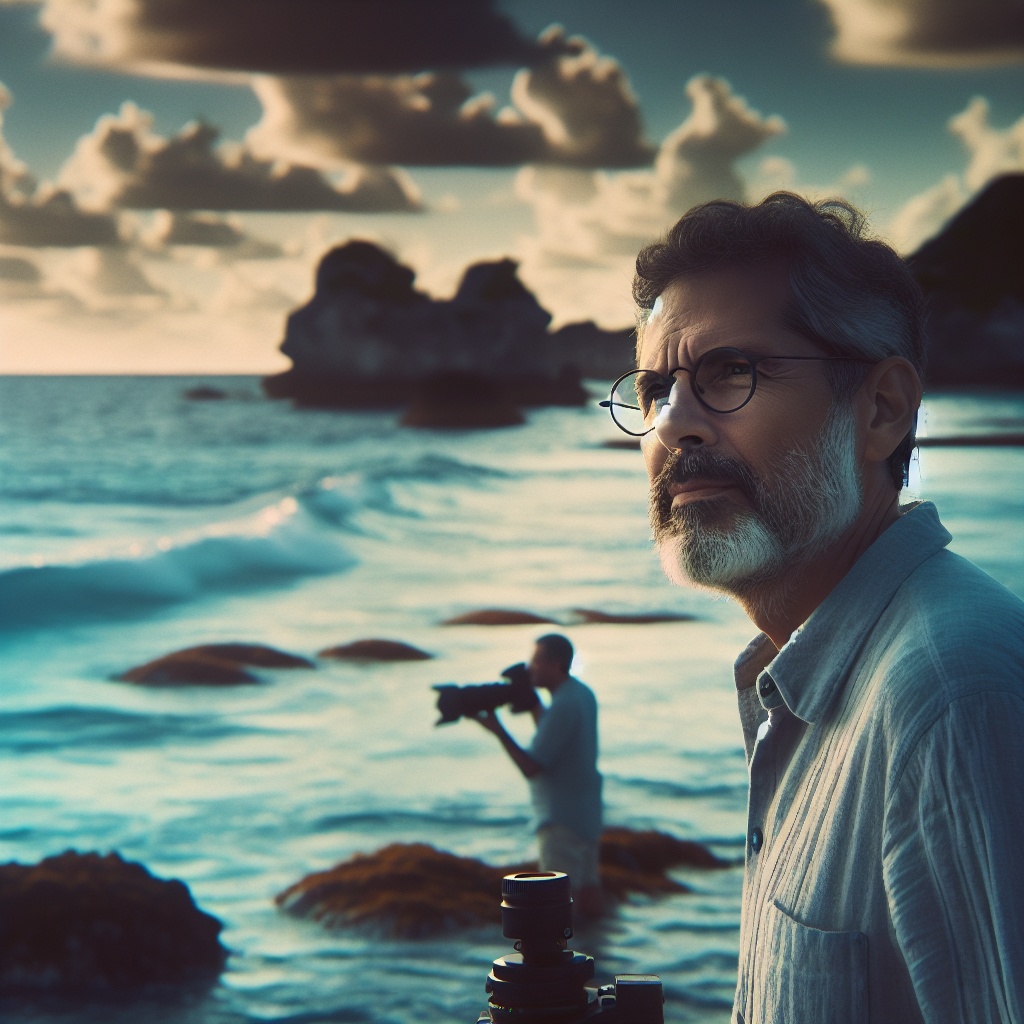Entrevista con el instructor de OCEANOS Roy Armstrong
-
Table of Contents
Interview with OCEANOS Instructor Roy Armstrong
At Predictive Planet, we believe in providing quality education, fostering economic growth, promoting spiritual harmony, taking climate action, and ensuring health and welfare for all. In line with these goals, we had the opportunity to interview Roy Armstrong, an experienced instructor at OCEANOS, a renowned organization dedicated to ocean conservation and education. In this interview, Roy shares valuable insights about the importance of ocean conservation and the role individuals can play in protecting our oceans.
The Significance of Ocean Conservation
Oceans cover more than 70% of our planet’s surface and play a crucial role in regulating climate, providing food and resources, and supporting biodiversity. However, they are facing numerous threats such as pollution, overfishing, and climate change. Roy emphasizes the need for ocean conservation, stating that “our survival is intricately linked to the health of our oceans.”
He highlights the economic benefits of ocean conservation, explaining that healthy oceans contribute to sustainable fisheries, tourism, and coastal protection. According to the World Wildlife Fund, the ocean economy is estimated to be worth $24 trillion, providing livelihoods for millions of people worldwide.
The Role of Individuals in Ocean Conservation
Roy believes that individuals have a significant role to play in ocean conservation. He encourages everyone to take small but impactful actions in their daily lives. Here are some examples:
- Reduce plastic consumption by using reusable bags, bottles, and utensils.
- Dispose of waste properly to prevent it from ending up in the ocean.
- Support sustainable seafood choices by opting for certified products.
- Participate in beach clean-ups and local conservation initiatives.
By adopting these practices, individuals can contribute to the health and well-being of our oceans.
Case Study: The Success of OCEANOS
OCEANOS, the organization where Roy works, has been at the forefront of ocean conservation efforts. Through their educational programs and initiatives, they have successfully raised awareness and inspired action among individuals and communities.
One notable case study is their collaboration with a coastal community in Costa Rica. OCEANOS conducted workshops on sustainable fishing practices, empowering local fishermen to adopt responsible techniques. As a result, not only did the fish populations recover, but the community also experienced economic growth through increased tourism and improved livelihoods.
Statistics on Ocean Conservation
Let’s take a look at some statistics that highlight the importance of ocean conservation:
- Over 8 million metric tons of plastic enter the ocean every year, causing harm to marine life and ecosystems.
- Approximately 90% of the world’s fish stocks are either fully exploited or overfished.
- By 2050, there could be more plastic than fish in the ocean by weight if current trends continue.
- Coral reefs, which support a quarter of marine species, are under threat due to rising ocean temperatures and pollution.
These statistics emphasize the urgent need for action to protect our oceans and preserve their invaluable resources.
Summary
In this interview with Roy Armstrong, we gained valuable insights into the significance of ocean conservation and the role individuals can play in protecting our oceans. By taking small actions in our daily lives and supporting organizations like OCEANOS, we can contribute to the well-being of our oceans and ensure a sustainable future for generations to come. Let’s remember that our actions today will determine the fate of our oceans and the planet as a whole.
RSS Feeds
Here are some RSS feeds related to ocean conservation that you can follow to stay updated:


